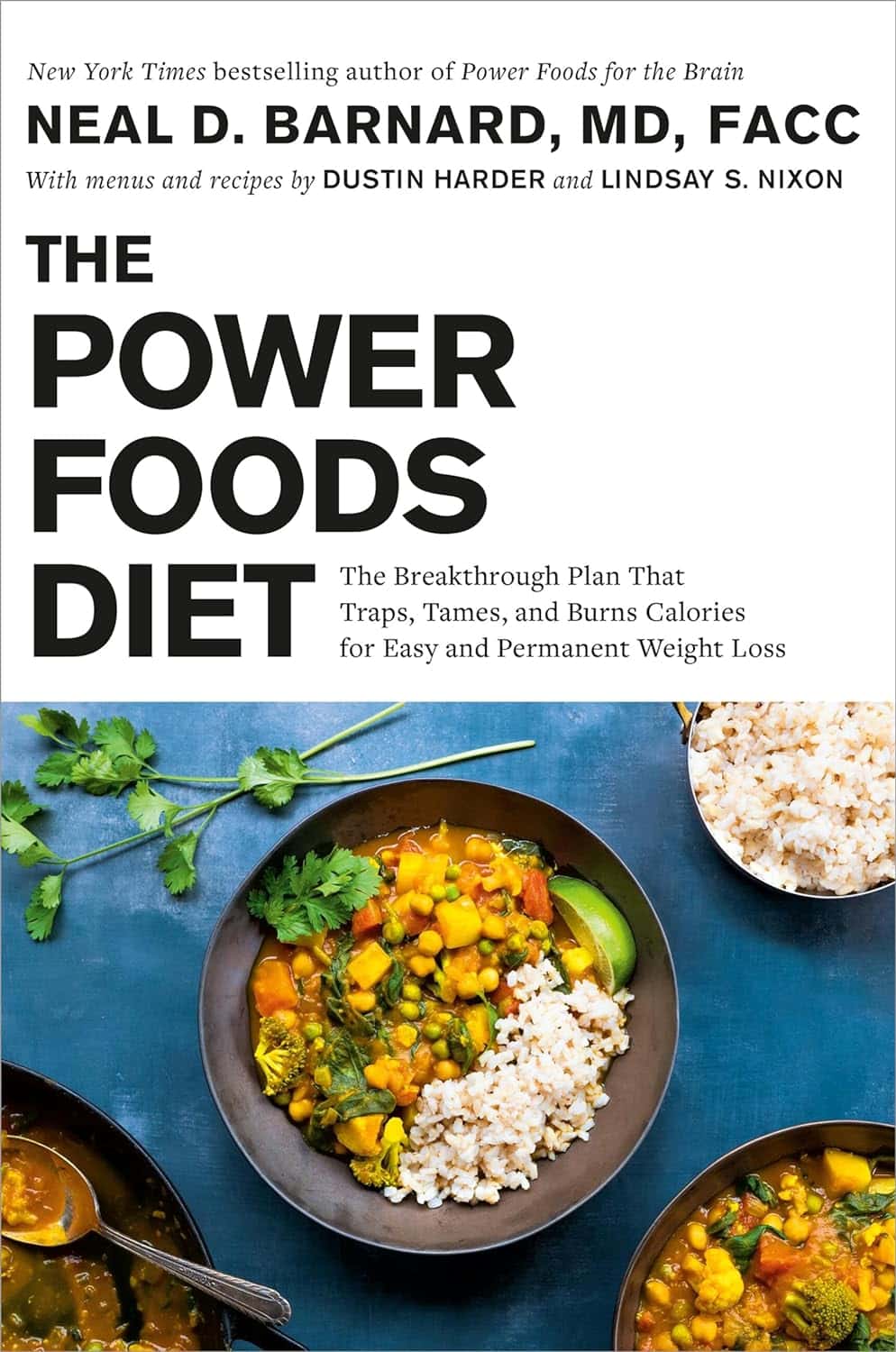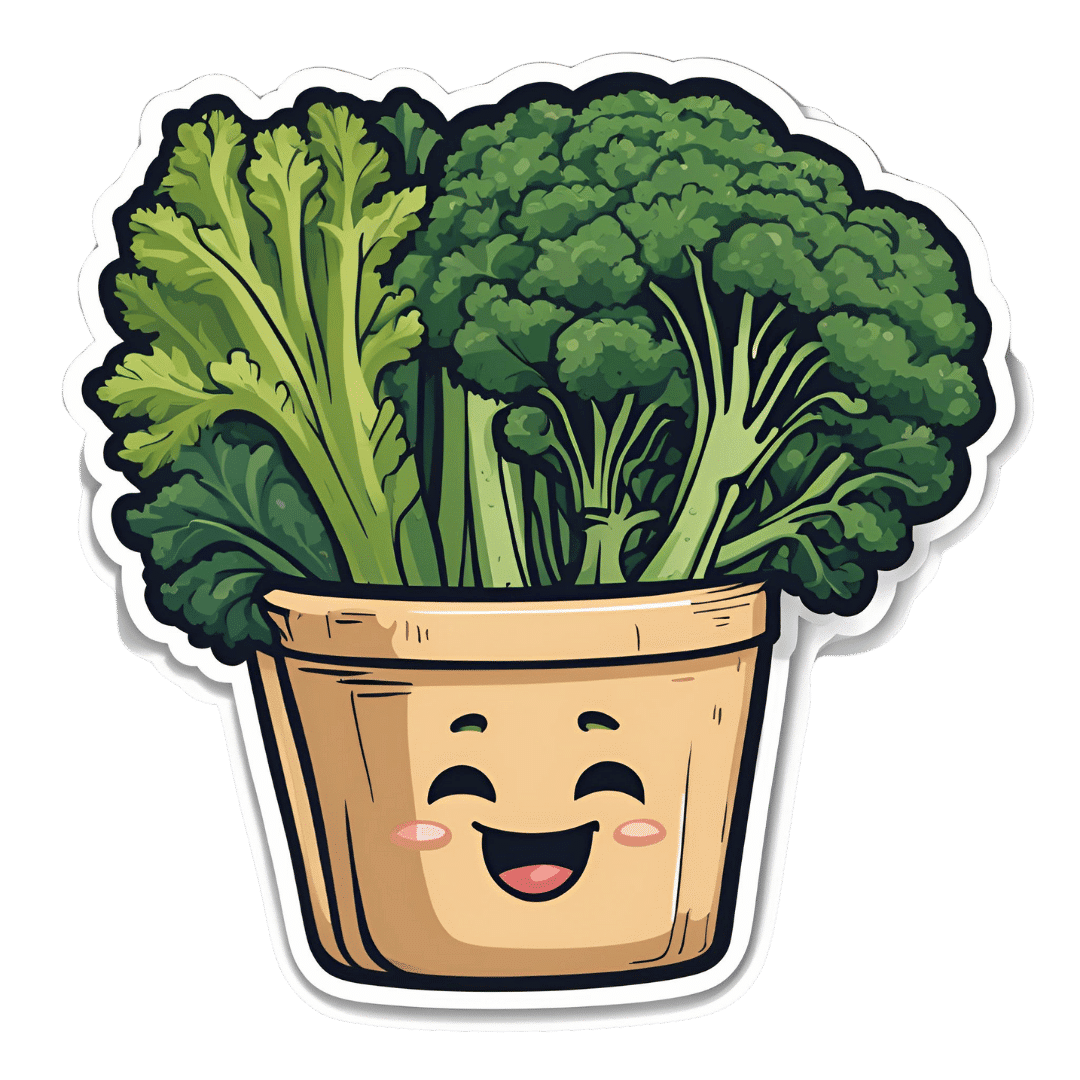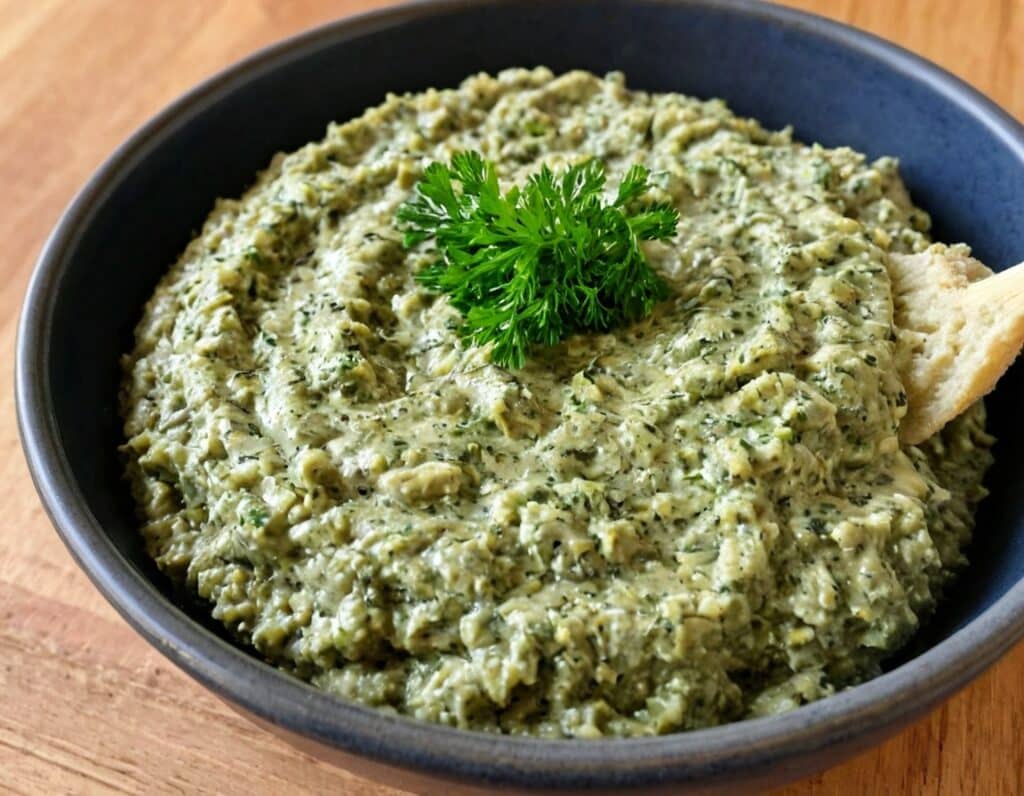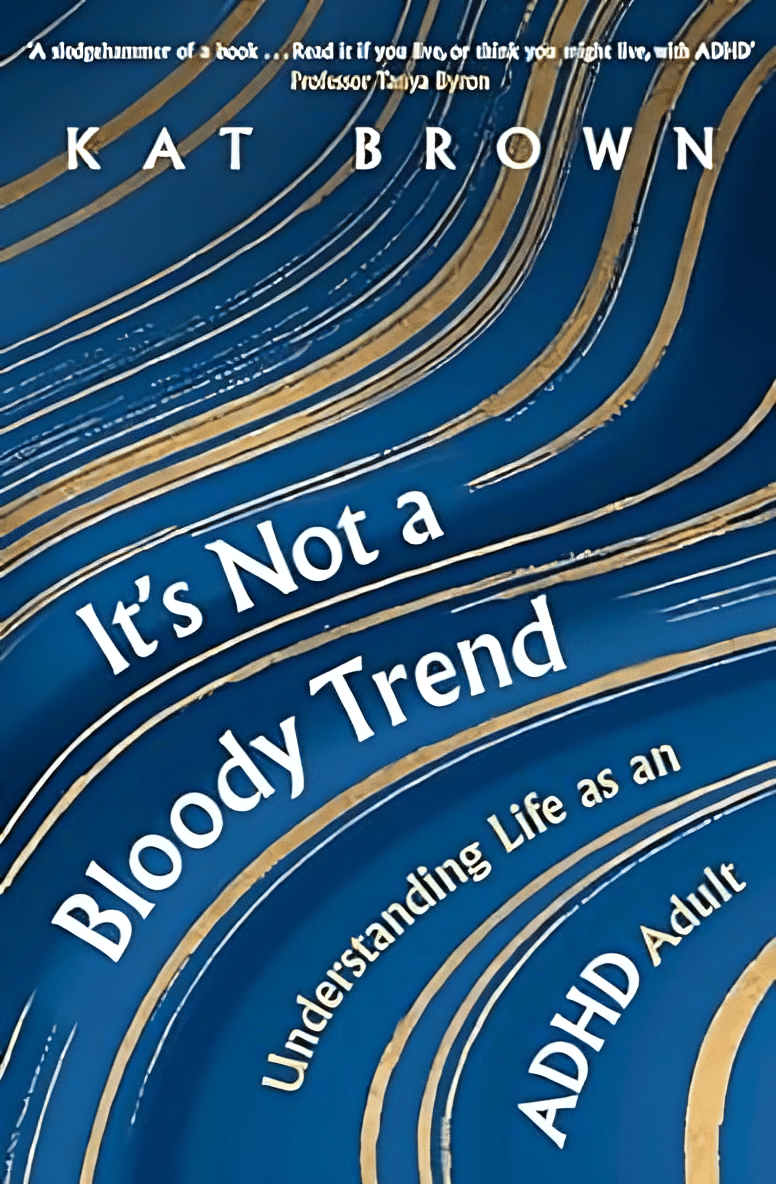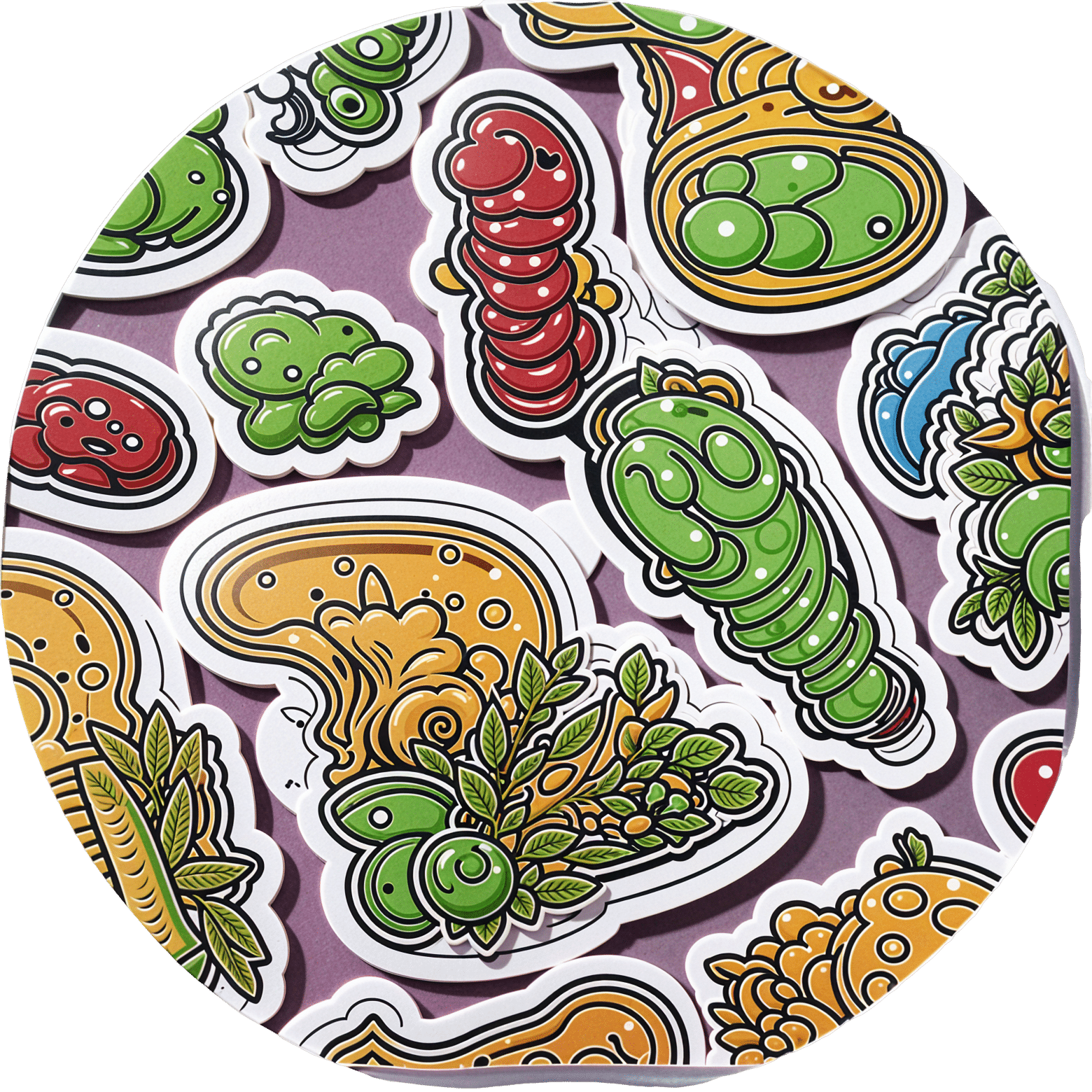
Boost Your Digestive Enzymes
10almonds is reader-supported. We may, at no cost to you, receive a portion of sales if you purchase a product through a link in this article.
We’ll Try To Make This Easy To Digest
Do you have a digestion-related problem?
If so, you’re far from alone; around 40% of Americans have digestive problems serious enough to disrupt everyday life:
New survey finds forty percent of Americans’ daily lives are disrupted by digestive troubles
…which puts Americans just a little over the global average of 35%:
Mostly likely on account of the Standard American Diet, or “SAD” as it often gets abbreviated in scientific literature.
There’s plenty we can do to improve gut health, for example:
- Making Friends With Your Gut (You Can Thank Us Later)
- Level-Up Your Fiber Intake! (Without Difficulty Or Discomfort)
- How Much Difference Do Probiotic Supplements Make?
Today we’re going to be examining digestive enzyme supplements!
What are digestive enzymes?
Digestive enzymes are enzymes that break down food into stuff we can use. Important amongst them are:
- Protease: breaks down proteins (into amino acids)
- Amylase: breaks down starches (into sugars)
- Lipase: breaks down fats (into fatty acids)
All three are available as popular supplements to aid digestion. How does the science stack up for them?
Protease
For this, we only found animal studies like this one, but the results have been promising:
Amylase
Again, the studies for this alone (not combined with other enzymes) have been solely from animal agriculture; here’s an example:
The Effect of Exogenous Amylase Supplementation on the Nutritional Value of Peas
Lipase
Unlike for protease and amylase, now we have human studies as well, and here’s what they had to say:
❝Lipase supplementation significantly reduced stomach fullness without change of EGG.
Furthermore, lipase supplementation may be helpful in control of FD symptom such as postprandial symptoms❞
~ Dr. Seon-Young Park & Dr. Jong-Sun Rew
Read more: Is Lipase Supplementation before a High Fat Meal Helpful to Patients with Functional Dyspepsia?
(short answer: yes, it is)
More studies found the same, such as:
Lipase Supplementation before a High-Fat Meal Reduces Perceptions of Fullness in Healthy Subjects
All together now!
When we look at studies for combination supplementation of digestive enzymes, more has been done, and/but it’s (as you might expect) less specific.
The following paper gives a good rundown:
Pancrelipase Therapy: A Combination Of Protease, Amylase, & Lipase
Is it safe?
For most people it is quite safe, but if taking high doses for a long time it can cause problems, and also there may be complications if you have diabetes, are otherwise immunocompromised, or have some other conditions (listed towards the end of the above-linked paper, along with further information that we can’t fit in here).
As ever, check with your doctor/pharmacist if you’re not completely sure!
Want some?
We don’t sell them, but for your convenience, here’s an example product on Amazon that contains all three
Enjoy!
We’ll Try To Make This Easy To Digest
Do you have a digestion-related problem?
If so, you’re far from alone; around 40% of Americans have digestive problems serious enough to disrupt everyday life:
New survey finds forty percent of Americans’ daily lives are disrupted by digestive troubles
…which puts Americans just a little over the global average of 35%:
Mostly likely on account of the Standard American Diet, or “SAD” as it often gets abbreviated in scientific literature.
There’s plenty we can do to improve gut health, for example:
- Making Friends With Your Gut (You Can Thank Us Later)
- Level-Up Your Fiber Intake! (Without Difficulty Or Discomfort)
- How Much Difference Do Probiotic Supplements Make?
Today we’re going to be examining digestive enzyme supplements!
What are digestive enzymes?
Digestive enzymes are enzymes that break down food into stuff we can use. Important amongst them are:
- Protease: breaks down proteins (into amino acids)
- Amylase: breaks down starches (into sugars)
- Lipase: breaks down fats (into fatty acids)
All three are available as popular supplements to aid digestion. How does the science stack up for them?
Protease
For this, we only found animal studies like this one, but the results have been promising:
Amylase
Again, the studies for this alone (not combined with other enzymes) have been solely from animal agriculture; here’s an example:
The Effect of Exogenous Amylase Supplementation on the Nutritional Value of Peas
Lipase
Unlike for protease and amylase, now we have human studies as well, and here’s what they had to say:
❝Lipase supplementation significantly reduced stomach fullness without change of EGG.
Furthermore, lipase supplementation may be helpful in control of FD symptom such as postprandial symptoms❞
~ Dr. Seon-Young Park & Dr. Jong-Sun Rew
Read more: Is Lipase Supplementation before a High Fat Meal Helpful to Patients with Functional Dyspepsia?
(short answer: yes, it is)
More studies found the same, such as:
Lipase Supplementation before a High-Fat Meal Reduces Perceptions of Fullness in Healthy Subjects
All together now!
When we look at studies for combination supplementation of digestive enzymes, more has been done, and/but it’s (as you might expect) less specific.
The following paper gives a good rundown:
Pancrelipase Therapy: A Combination Of Protease, Amylase, & Lipase
Is it safe?
For most people it is quite safe, but if taking high doses for a long time it can cause problems, and also there may be complications if you have diabetes, are otherwise immunocompromised, or have some other conditions (listed towards the end of the above-linked paper, along with further information that we can’t fit in here).
As ever, check with your doctor/pharmacist if you’re not completely sure!
Want some?
We don’t sell them, but for your convenience, here’s an example product on Amazon that contains all three
Enjoy!
Don’t Forget…
Did you arrive here from our newsletter? Don’t forget to return to the email to continue learning!
Recommended
Learn to Age Gracefully
Join the 98k+ American women taking control of their health & aging with our 100% free (and fun!) daily emails:
-
The Power Foods Diet – by Dr. Neal Barnard
10almonds is reader-supported. We may, at no cost to you, receive a portion of sales if you purchase a product through a link in this article.
First, what this is not: it’s not a cookbook. There are recipes, more than a hundred if we consider such things as “barbecue sauce” as a standalone recipe, and if we overlook such things as how “perfect hot oatmeal” is followed on the next page by a recipe for “perfect hot oatmeal with berries”.
However, as we say, it’s not a cookbook; it’s first and foremost an educational text on the topic of nutrition.
Here we will learn about good eating for general health, which foods are natural appetite-suppressants, which foods reduce our body’s absorption of sugars from foods (not merely slowing, but flushing them away so they cannot be absorbed at all), and which foods actually boost metabolism for a few hours after the meal.
Dr. Barnard also talks about some foods that are more healthy, or less healthy, than popularly believed, and how to use all this information to craft a good, optimized, dietary plan for you.
Bottom line: there’s a lot of good information here, and the recipes are simply a bonus.
Click here to check out The Power Foods Diet, and optimize yours!
Share This Post
-
Fast Diet, Fast Exercise, Fast Improvements
10almonds is reader-supported. We may, at no cost to you, receive a portion of sales if you purchase a product through a link in this article.
Diet & Exercise, Optimized
This is Dr. Michael Mosley. He originally trained in medicine with the intention of becoming a psychiatrist, but he grew disillusioned with psychiatry as it was practised, and ended up pivoting completely into being a health educator, in which field he won the British Medical Association’s Medical Journalist of the Year Award.
He also died under tragic circumstances very recently (he and his wife were vacationing in Greece, he went missing while out for a short walk on the 5th of June, appears to have got lost, and his body was found 100 yards from a restaurant on the 9th). All strength and comfort to his family; we offer our small tribute here today in his honor.
The “weekend warrior” of fasting
Dr. Mosley was an enjoyer (and proponent) of intermittent fasting, which we’ve written about before:
Fasting Without Crashing? We Sort The Science From The Hype
However, while most attention is generally given to the 16:8 method of intermittent fasting (fast for 16 hours, eat during an 8 hour window, repeat), Dr. Mosley preferred the 5:2 method (which generally means: eat at will for 5 days, then eat a reduced calorie diet for the other 2 days).
Specifically, he advocated putting that cap at 800 kcal for each of the weekend days (doesn’t have to be specifically the weekend).
He also tweaked the “eat at will for 5 days” part, to “eat as much as you like of a low-carb Mediterranean diet for 5 days”:
❝The “New 5:2” approach involves restricting calories to 800 on fasting days, then eating a healthy lower carb, Mediterranean-style diet for the rest of the week.
The beauty of intermittent fasting means that as your insulin sensitivity returns, you will feel fuller for longer on smaller portions. This is why, on non-fasting days, you do not have to count calories, just eat sensible portions. By maintaining a Mediterranean-style diet, you will consume all of the healthy fats, protein, fibre and fresh plant-based food that your body needs.❞
Read more: The Fast 800 | The New 5:2
And about that tweaked Mediterranean Diet? You might also want to check out:
Four Ways To Upgrade The Mediterranean Diet
Knowledge is power
Dr. Mosley encouraged the use of genotyping tests for personal health, not just to know about risk factors, but also to know about things such as, for example, whether you have the gene that makes you unable to gain significant improvements in aerobic fitness by following endurance training programs:
The Real Benefit Of Genetic Testing
On which note, he himself was not a fan of exercise, but recognised its importance, and instead sought to minimize the amount of exercise he needed to do, by practising High Intensity Interval Training. We reviewed a book of his (teamed up with a sports scientist) not long back; here it is:
Fast Exercise: The Simple Secret of High Intensity Training – by Dr. Michael Mosley & Peta Bee
You can also read our own article on the topic, here:
How To Do HIIT (Without Wrecking Your Body)
Just One Thing…
As well as his many educational TV shows, Dr. Mosley was also known for his radio show, “Just One Thing”, and a little while ago we reviewed his book, effectively a compilation of these:
Just One Thing: How Simple Changes Can Transform Your Life – by Dr. Michael Mosley
Enjoy!
Share This Post
-
What’s Your Vascular Dementia Risk?
10almonds is reader-supported. We may, at no cost to you, receive a portion of sales if you purchase a product through a link in this article.
We often say that “what’s good for your heart is good for your brain”, and this is because the former feeds the latter, with oxygen and nutrients, and also clears away detritus like beta-amyloid (associated with Alzheimer’s) and alpha-synuclein (associated with Parkinson’s).
For more on those, see: How To Clean Your Brain (Glymphatic Health Primer)
For this reason, there are many risk factors that apply equally cardiovascular disease (CVD), and neurodegenerative diseases like Alzheimer’s and other vascular dementias, as well as stroke risk.
The link between the two has also been studied; recently a team of scienists led by Dr. Anisa Dhana asked the question:
❝What is the association between cardiovascular health (CVH) and biomarkers of neurodegeneration, including neurofilament light chain and total tau?❞
To answer this, they looked at data from more than 10,000 Americans aged 65+; of these, they were able to get serum samples from 5,470 of them, and tested those samples for the biomarkers of neurodegeneration mentioned above.
They then tabulated the results with cardiovascular health scores based on the American Heart Association (AHA)’s “Life’s Simple 7” tool, and found, amongst other things:
- 34.6% of participants carried the APOE e4 allele, a genetic risk factor for Alzheimer’s.
- Higher CVH scores were associated with lower NfL levels, but not with t-tau concentrations.
- APOE e4 carriers with high CVH had significantly lower NfL levels.
- Race did not influence the CVH-NfL relationship.
- Higher CVH was linked to a slower annual increase in NfL levels but did not affect t-tau changes.
- Over 10 years, participants with the lowest CVH scores saw a 7.1% annual increase in NfL levels, while those with the highest CVH scores had a 5.2% annual increase.
- Better CVH is linked to lower serum NfL levels, regardless of age, sex, or race.
- CVH is particularly crucial for APOE e4 carriers
In other words: higher cardiovascular health meant lower markers of neurodegeneration, and this not only still held true for APOE e4 carriers, but also, the benefits actually even more pronounced in those participants.
You may be wondering: “but it said it helped with NfL levels, not t-tau concentrations?” And, indeed, it is so. But this means that the overall neurodegeneration risk is still inversely proportional to cardiovascular health; it just means it’s not a magical panacea and we must still do other things too.
See also: How To Reduce Your Alzheimer’s Risk
And as for the study, you can read the paper itself in full here:
Cardiovascular Health and Biomarkers of Neurodegenerative Disease in Older Adults
Life’s Simple 7
We mentioned that they used the AHA’s “Life’s Simple 7” tool to assess cardiovascular health; it is indeed simple, but important. Here it is:
Metric Poor Intermediate Ideal Current smoking Yes Former ≤12 mo Never or quit >12 mo BMI, kg/m2 ≥30 25–29.9 <25 Physical activity None 1–149 min/wk of moderate activity or 1–74 min/wk of vigorous activity or 1–149 min/wk of moderate and vigorous activity ≥150 min/wk of moderate activity or ≥75 min/wk of vigorous activity or ≥150 min/wk of moderate and vigorous activity Diet pattern score* 0–1 2–3 4–5 Total cholesterol, mg/dL ≥240 200–239 or treated to goal <200 Blood pressure, mm Hg SBP ≥140 or DBP ≥90 SBP 120–139 or DBP 80–89 or treated to goal <120/<80 Fasting plasma glucose, mg/dL ≥126 100–125 or treated to goal <100 *Each of the following 5 diet elements is given a score of 1: (1) ≥4.5 cups/day of fruits and vegetables; (2) ≥2 servings/week of fish; (3) ≥3 servings/day of whole grains; (4) no more than 36 oz/wk of sugar‐sweetened beverages; and (5) no more than 1500 mg/d of sodium.
As the AHA notes,
❝Unfortunately, 99% of the U.S. adult population has at least one of seven cardiovascular health risks: tobacco use,
poor diet, physical inactivity, unhealthy weight, high blood pressure, high cholesterol or high blood glucose.❞It then goes on to talk about the financial burden of this on employers, but this was taken from a workplace health resource, and we recognize the rest of it won’t be of pressing concern for most of our readers. In case you are interested though, here it is:
American Heart Association | Life’s Simple 7® Journey to Health™
For a more practical (if you’re just a private individual and employee healthcare is not your main concern) overview, see:
Want to know more?
Here are some very good starting points for improving each of those 7 metrics, as necessary:
- Which Addiction-Quitting Methods Work Best?
- How To Lose Weight (Healthily!)
- The Doctor Who Wants Us To Exercise Less, & Move More
- Which Diet? Top Diets Ranked By Experts
- Lower Cholesterol Naturally, Without Statins
- 10 Ways To Lower Blood Pressure Naturally
- 10 Ways To Balance Your Blood Sugars
Take care!
Share This Post
Related Posts
-
How To Keep On Keeping On?
10almonds is reader-supported. We may, at no cost to you, receive a portion of sales if you purchase a product through a link in this article.
How To Keep On Keeping On… Long Term!
For many when it comes to health-related goals and practices, it’s easy to find ourselves in a bit of a motivational dip around this time of year. The enthusiasm of new year’s resolutions has been and gone, and there’s not yet much of a drive to “get a beach body” or “be summer-ready”.
A word to the wise on those before moving on, though:
- How to get a beach body: take your body to a beach. Voilà. Beach body.
- Remember: the beach is there for your pleasure and entertainment, not the other way around!
- How to be summer-ready: the real question is, will summer be ready for you?
But what is this, demotivational rhetoric to discourage you from getting fit and healthy?
Not at all, but rather, to be sure that you’re pursuing your own goals and not just what you feel might be expected of you.
All that in mind, let’s get to the tips…
Focus on adding health
It can be tempting (and even, good) to cut down on unhealthy things. But when it comes to motivation, it’s harder to stay motivated for deprivation, than it is for some healthy addition to life.
So for example, this philosophy would advocate for:
- Instead of counting calories, count steps! Or even…
- Instead of counting calories, count colors! Eat the rainbow and all that. No, skittles do not count, but eating a variety of naturally different-colored foods will tend to result in adding different nutrients to your diet.
- Instead of cutting out sugar, add fruit! How many per day will you go for? If you don’t eat much fruit as it is, consider making it a goal to have even just one piece of fruit a day, then build up from there. Find fruit you like! If you pick the fruit you want instead of the fruit you think you “should” have, it’s basically a dessert snack.
We’ve recommended it before, and we’ll recommend it again, but if you’re interested in “adding health”, you should definitely check out:
Dr. Greger’s Daily Dozen (checklist, plus app if you want it)
More details: it’s a checklist of 12 things you should try to include in your diet, with a free streak-tracking app, if you want it, all based on the same scientific research as the best-selling book “How Not To Die”.
“Minimum effort!”
Did you see the movie “Deadpool”? The protagonist has a catch-phrase as he goes into battle, saying to himself “Maximum effort!”.
And, that’s all very well and good if your superpower is immediate recovery from pretty much anything, but for the rest of us, sometimes it’s good to hold ourselves to “minimum effort!”.
Sometimes, something worth doing is worth doing just a little a bit. It’s always better than nothing! Even if feels like you gained nothing from it, it’s the foundation of a habit, and the habit will grow and add up. Sometimes it may even take you by surprise…
Don’t feel like doing 20 bodyweight squats? Do literally just one. Make a deal with yourself: do just one, then you can stop if you like. Then after you’ve done one, you might think to yourself “huh, that wasn’t so bad”, and you try out a few more. Maybe after 5 you can feel your blood pumping a bit and you think “you know what, that’s enough for now”, and great, you did 5x as much exercise as you planned! Wonder what you’ll do tomorrow!
(personal note from your writer here: I’ve managed to “just extend this exercise a little bit more than last time” my way into hour-long exercise sessions before now; I started with “just 10 squats” or “just one sun salutation” etc, to get myself out of a no-exercise period that I’d slipped into, and it’s amazing how quickly adding just a little bit to the previous day’s “minimum effort!” adds up to a very respectable daily exercise session)
Wondering what a good, easy, respectable short term goal could be?
Check Out, For Example: The Seven-Minute Workout
(You might have heard of this one before; it’s an incredibly efficient well-optimized short complete workout that requires no special equipment, just a bit of floorspace and a wall—the above app allows for customizations of it per your preferences, but the basic routine is an excellent starting point for most people)
Commit to yourself (and do any self-negotiation up-front)
Really commit, though. No “or I will look silly because I told people I’d do it”, no “or I will donate x amount to charity” etc, just “I will do it and that’s that”. If you find yourself second-guessing yourself or renegotiating with yourself, just shut that down immediately and refuse to consider it.
Note: you should have break-clauses in this contract with yourself, though. For example, “unless I am ill or injured” is a sensible rule to have in advance for most exercise regimes that weren’t undertaken with your illness or injury in mind.
Make a “To-Don’t” list
Much like how addicts are often advised to not try to quit more than one thing at once, we must also be mindful of not taking on too much at once. It can be very tempting to think:
“I will turn my life around, now! I’ll quit alcohol and animal products and sugar and refined grains, and I’ll go for a run each morning, and I’ll do this and that and there, I’ve got it, here is the blueprint for my healthy perfect life from this day forth!”
And, it’s great to have any and all of that as your end goal if you want, but please, pick one or two things at most to start with, focus on those, and when those have become second nature to you and just a normal part of your life, then choose the next thing to work on.
(You can plan out the whole thing in advance if you want! i.e., I’ll do this, then this, then this, but just… make sure that you’ve really got each one down to a matter of comfort and ease before you take up the next one)
In summary:
- Focus on adding health, whatever that looks like to you
- Figure out what “minimum effort!” is for you, and let that be your baseline
- Commit to yourself (and do any self-negotiation up-front, not later)
- Decide what you’re not going to do yet, and stick to that, too.
Don’t Forget…
Did you arrive here from our newsletter? Don’t forget to return to the email to continue learning!
Learn to Age Gracefully
Join the 98k+ American women taking control of their health & aging with our 100% free (and fun!) daily emails:
- How to get a beach body: take your body to a beach. Voilà. Beach body.
-
Superfood Kale & Dill Pâté
10almonds is reader-supported. We may, at no cost to you, receive a portion of sales if you purchase a product through a link in this article.
Most of us could do with eating more greens a lot of the time, but it’s not always easy to include them. This kale and dill pâté brings a healthy dose of green in luxurious style, along with abundant phytochemicals and more!
You will need
- 2 handfuls kale, stalks removed
- 1 cup soft cheese (you can use our Healthy Plant-Based Cream Cheese recipe if you like)
- 2 tbsp fresh dill, chopped
- 1 tsp capers
- 1 tsp black pepper, coarse ground
- ½ tsp MSG, or 1 tsp low-sodium salt
Method
(we suggest you read everything at least once before doing anything)
1) Steam the kale for about 5 minutes or until wilted and soft. Run under cold water to halt the cooking process.
2) Combine all the ingredients, including the kale you just blanched, in a food processor and blitz to make a smooth pâté.
3) Serve with oatcakes or vegetable sticks, or keep in the fridge to enjoy it later:
Enjoy!
Want to learn more?
For those interested in some of the science of what we have going on today:
Take care!
Don’t Forget…
Did you arrive here from our newsletter? Don’t forget to return to the email to continue learning!
Learn to Age Gracefully
Join the 98k+ American women taking control of their health & aging with our 100% free (and fun!) daily emails:
-
It’s Not A Bloody Trend – by Kat Brown
10almonds is reader-supported. We may, at no cost to you, receive a portion of sales if you purchase a product through a link in this article.
This one’s not a clinical book, and the author is not a clinician. However, it’s not just a personal account, either. Kat Brown is an award-winning journalist (with ADHD) and has approached this journalistically.
Not just in terms of investigative journalism, either. Rather, also with her knowledge and understanding of the industry, doing for us some meta-journalism and explaining why the press have gone for many misleading headlines.
Which in this case means for example it’s not newsworthy to say that people have gone undiagnosed and untreated for years and that many continue to go unseen; we know this also about such things as endometriosis, adenomyosis, and PCOS. But some more reactionary headlines will always get attention, e.g. “look at these malingering attention-seekers”.
She also digs into the common comorbidities of various conditions, the differences it makes to friendships, families, relationships, work, self-esteem, parenting, and more.
This isn’t a “how to” book, but there’s a lot of value here if a) you have ADHD, and/or b) you spend any amount of time with someone who does.
Bottom line: if you’d like to understand “what all the fuss is about” in one book, this is the one for ADHD.
Don’t Forget…
Did you arrive here from our newsletter? Don’t forget to return to the email to continue learning!
Learn to Age Gracefully
Join the 98k+ American women taking control of their health & aging with our 100% free (and fun!) daily emails:


